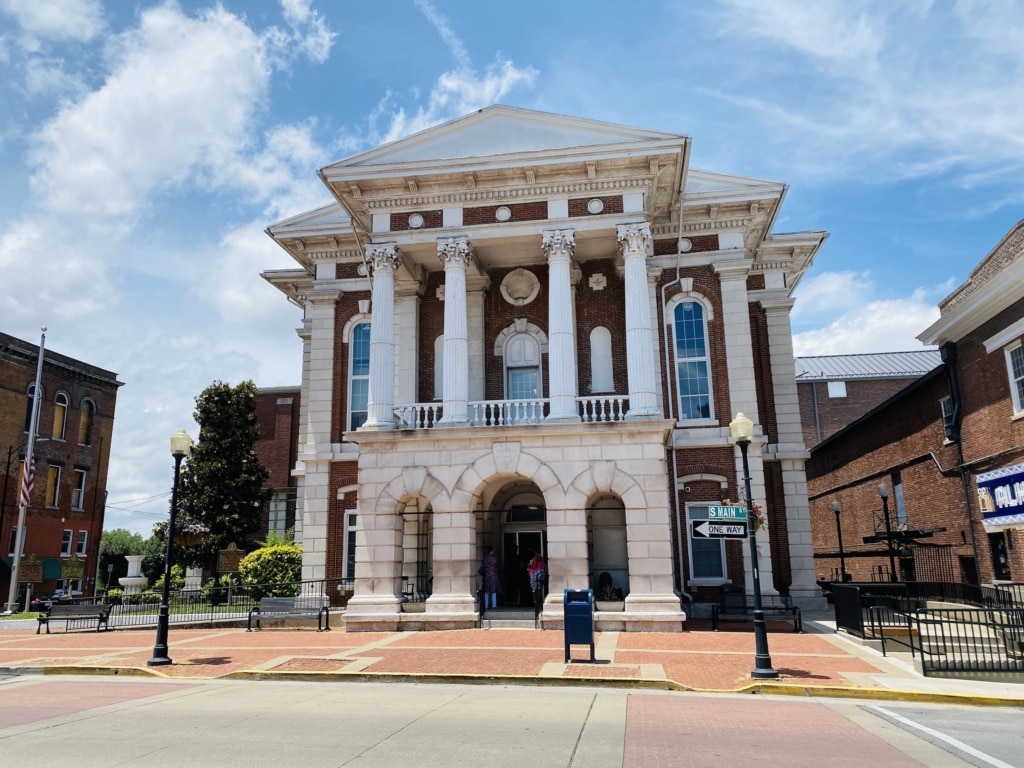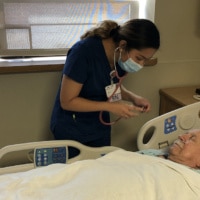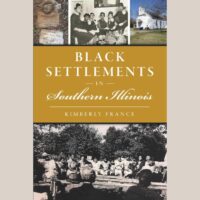The increase in mail-in ballots due to COVID-19 during the June 2020 primary election left some Western Kentucky county clerks scrambling through their election day process, and they now have apprehensive of the much larger November election.

Christian County Clerk Mike Kem said the decision to increase mail-in ballots was made late, and clerks need to be notified sooner for November.
“They still haven’t made a decision as far as the November election. I really do think they need to go ahead and let us know, so we could prepare for it,” Kem said. “It will be more than twice as many voting, and I think more people are gonna vote through the mail now that they figured it out.”
Kem says the June 2020 Kentucky primary saw the largest turnout in Christian County since 2008. He attributes the uptick in participation to the availability of the mail-in ballots. Kem reports mail-in ballots in Christian County went up approximately 75% compared to a typical election.
Marshall County Clerk Tim York said during a normal election, he usually receives approximately 150 mail-in ballots. But this election, he saw 5,000 and expects 18,000 voters to cast ballots in November. He feels Marshall County isn’t prepared.
“Mail-in is just 10 times more work for a county clerk than setting up precincts and having people come in and cast their own ballot,” York said. “Some people may think those ballots just magically appear and somehow magically get counted. But that’s not the way it is. I think a lot of people think that the state takes care of all that, but somebody’s at the county clerk’s office stuffing ballots in the envelopes, hauling them to the post office.”
York said his office usually spends a week on elections. This primary, York said he spent a month and half. He said his problems come down to money.
York expects he will need to hire an additional 25 individuals to help send out and sort through the mailed ballots in November. He said he paid $7,500 on postage this past election, and suspects to spend $25,000 in November if elections are done similarly as to the June 2020 primaries.
Calloway County Clerk Antonia Faulkner described her experience with increased mail-in ballots as less hectic. She said if November elections are handled the same as the June 2020 primaries, she is confident it will be handled smoothly and securely.
“If we had to do November like we did in May, we’ve got that under our belt and we’re comfortable handling it that way,” Faulkner said. “So, that won’t be an issue at all for us here at Calloway. The hardship was just not knowing what to expect with the numbers coming in and having to procure signatures and that sort of thing.”
Christian, Marshall, and Calloway counties’ clerk’s offices each had only one physical precinct open to voters during their June primaries. With the reduction in the number of poll workers needed, all three offices hired additional help for processing mail-in ballots.






